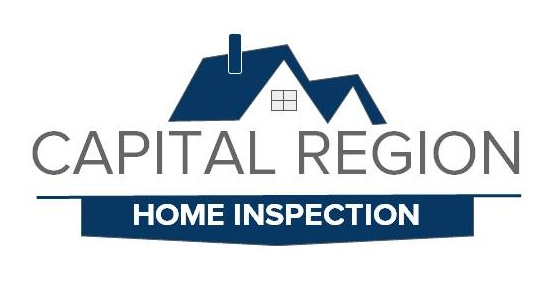Understanding the Home Inspection Process: A Comprehensive Guide
Buying a home is a significant milestone, and ensuring that your investment is sound is paramount. This is where a home inspection comes into play. In this blog post, we'll delve into the intricacies of the home inspection process, shedding light on what you can expect and why it's a crucial step in the home-buying journey.
What is a Home Inspection?
A home inspection is a thorough evaluation of a property's condition, conducted by a licensed professional known as a home inspector. It's designed to identify any existing or potential issues with the home, providing buyers with a comprehensive understanding of its overall state.
When Should You Schedule a Home Inspection?
Typically, a home inspection is arranged after the initial offer has been accepted, but before the finalization of the sale. This allows buyers to make informed decisions based on the inspector's findings.
What Does a Home Inspector Look For?
A seasoned home inspector assesses various aspects of a property, including but not limited to:
Structural Concerns: This involves examining the foundation, walls, and roof for any signs of damage or instability.
Roofing and Exterior: The inspector will assess the condition of the roof, siding, gutters, and other exterior elements, looking for leaks, damage, or signs of wear.
Plumbing and Electrical Systems: This encompasses evaluating the functionality of plumbing fixtures, electrical outlets, and the main electrical panel for safety and compliance.
Heating, Ventilation, and Air Conditioning (HVAC): The inspector checks the condition and performance of the HVAC system, ensuring it's in good working order.
Interior Elements: This includes scrutinizing walls, ceilings, floors, and windows for any issues like water damage, mold, or structural problems.
Insulation and Ventilation: Proper insulation and ventilation are vital for energy efficiency and preventing issues like moisture buildup and mold growth.
Appliances and Fixtures: The inspector tests major appliances and fixtures to verify they're in working order.
The Inspection Report
Following the inspection, the inspector provides a detailed report outlining their findings. This report is a crucial tool for negotiation, allowing buyers to request repairs or adjustments based on the inspector's recommendations.
The Role of the Home Inspector
A skilled home inspector is not only knowledgeable about the physical aspects of a home but also an excellent communicator. They should be able to explain their findings clearly and provide guidance on potential remedies or further assessments.
Conclusion: Empowering Home Buyers
Understanding the home inspection process empowers buyers to make informed decisions about one of the most significant investments of their lives. By enlisting the services of a reputable home inspector, you gain valuable insights into the condition of the property, ensuring that your dream home is also a safe and sound one.
If you have any questions about the home inspection process or would like to schedule an inspection, feel free to contact us.
